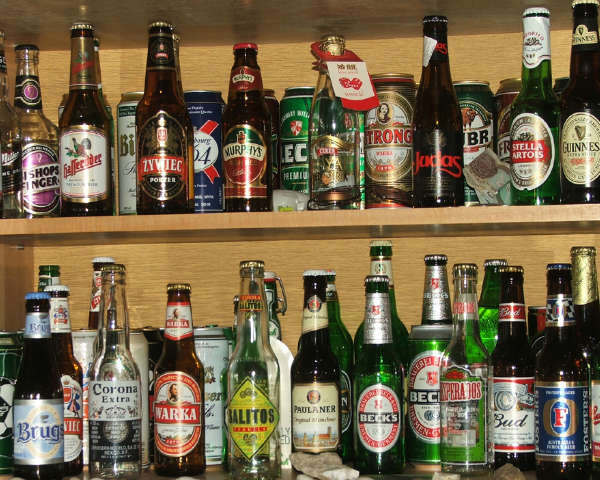'Beer Goggle' Scientists Take Home Ig Nobel Prize
French and American researchers studying he phenomenon of "Beer Goggles" have been awarded the comical Ig Nobel Prize for figuring out that the famed "beer goggle" effects of alcohol also work on oneself.
According to the BBC, the researchers said they were honored to receive the Ig Nobel for their study, in which people were asked how funny, original and attractive they thought they were. The higher their blood alcohol level, the more attractive they said they were. Surprisingly, the effect also worked on people who thought they were drunk but had actually been drinking placebo cocktails.
"People have long observed that drunk people think others are more attractive but ours is the first study to find that drinking makes people think they are more attractive themselves," researcher Brad Bushman said. "If you become drunk and think you are really attractive it might influence your thoughts and behavior towards others. It illustrates that in human memory, the link between alcohol and attractiveness is pretty strong."
The Ig Nobel Prize is handed out annually in honor of "Improbably Science." Actual Nobel Laureates present the awards at an annual ceremony at Harvard University, where recipients have 60 seconds to accept their award before being booed off the stage by an 8-year-old girl and pelted with paper airplanes by the audience. The prizes are often received proudly by their recipients.
The Chemistry prize this year went to a team of scientists from Japan "for discovering that the biochemical process by which onions make people cry is even more complicated than scientists previously realized."
The Archaeology prize went to two American researchers for figuring out how the bones would dissolve if a human swallowed a whole shrew.
